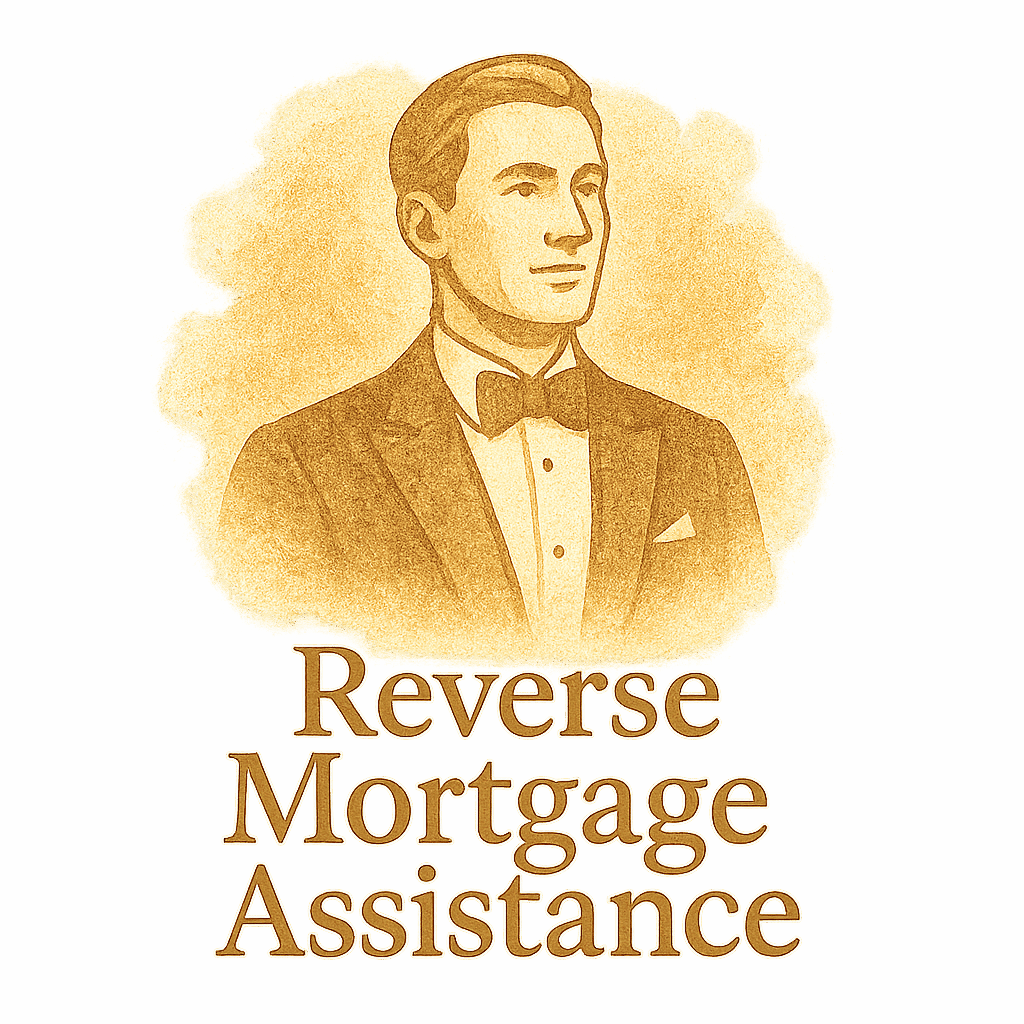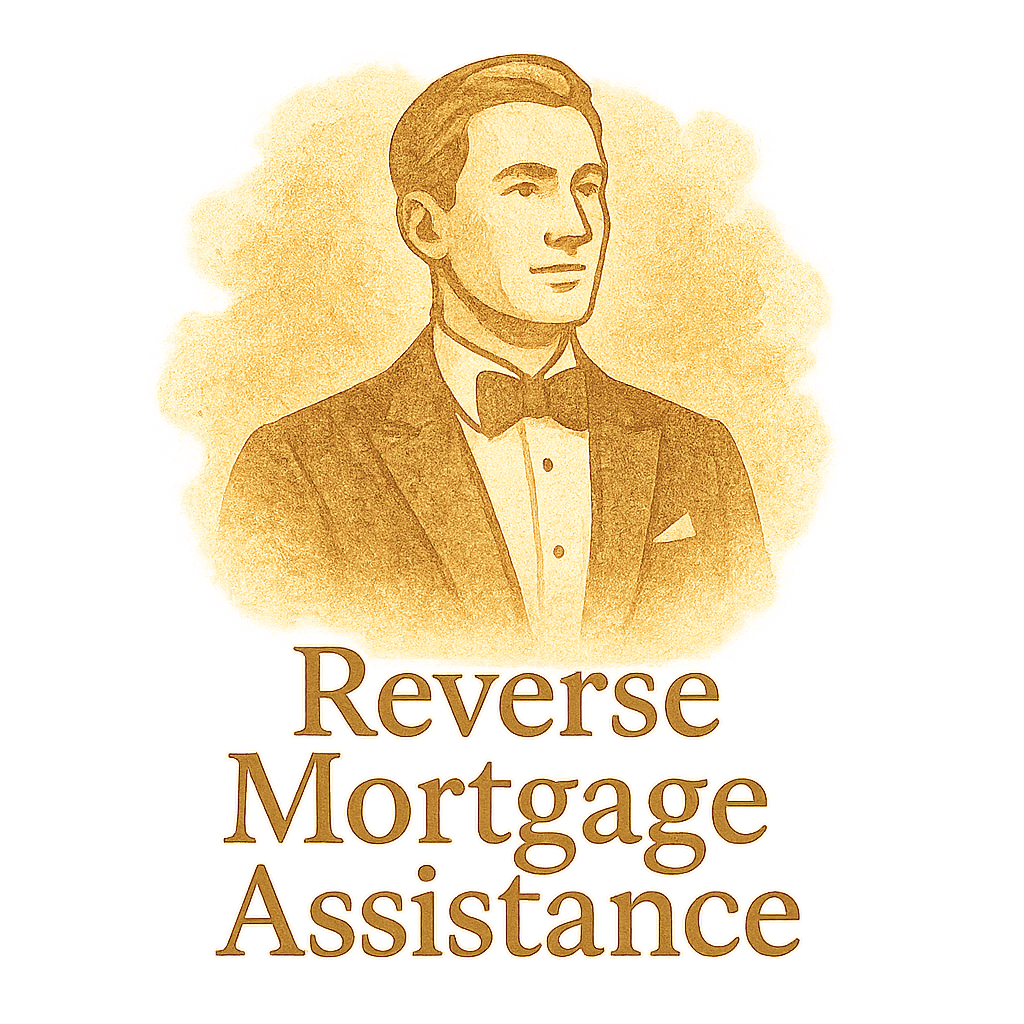When it comes to leveraging the value of your home in retirement, many seniors find themselves stuck between two paths: should you go for refinancing, or choose a reverse mortgage?
Spoiler alert — in many cases, choosing a reverse mortgage over refinancing could be the game-changer you’re looking for.
Let’s break it all down.
Understanding the Basics
What Is a Reverse Mortgage?
A reverse mortgage is a special type of home loan available to homeowners aged 62 and older. It allows you to convert part of the equity in your home into cash — without selling your house or making monthly mortgage payments.
💡 New to this concept? Check out our Reverse Mortgage Basics page to start from square one.
What Does Refinancing Mean?
Refinancing your mortgage means replacing your existing home loan with a new one — typically to secure a lower interest rate, reduce your monthly payments, or tap into home equity via cash-out refi. But here’s the catch: you still have to make those monthly payments.
Why Compare Reverse Mortgages and Refinancing?
At first glance, they might seem like apples and oranges. But both options aim to unlock the value of your home. Understanding when and why one is better than the other is key to making a smart decision in retirement.
✅ Reason #1: No Monthly Mortgage Payments
Freeing Up Cash Flow
This is the big one. With a reverse mortgage, you don’t make monthly payments. Instead, the loan balance grows over time and is repaid when you move out, sell the home, or pass away.
Retire Comfortably Without Monthly Pressure
Imagine not having to worry about a mortgage bill hitting your mailbox every month. That’s peace of mind, right?
🔎 Learn more in our mortgage planning section.
✅ Reason #2: Access to Home Equity Without Selling
How Reverse Mortgages Use Home Equity
Refinancing often requires selling or reshaping your mortgage terms. With a reverse mortgage, you stay put and let your home’s equity work for you.
Stay in Your Home Longer
The emotional value of staying in your lifelong home is priceless. With a reverse mortgage, you can enjoy your golden years without giving up your roots.
Explore more about equity and how it works for seniors.
✅ Reason #3: Flexible Payment Options
Lump Sum, Monthly Payouts, or Line of Credit
Reverse mortgages offer multiple payout choices. Whether you want a one-time chunk of money, monthly cash, or a line of credit to tap into later — you’re in control.
Tailored Financial Planning for Seniors
This flexibility is perfect for adjusting your plan as needs change. That’s next-level retirement strategy.
🔗 Browse case studies and real-life outcomes.

✅ Reason #4: Reverse Mortgages Offer Lifetime Tenure
You Can Stay as Long as You Live There
As long as you meet the terms (like maintaining the home and paying property taxes), you can stay put — for life.
Peace of Mind During Retirement
No looming foreclosure. No sudden relocations. Just stability and the ability to age in place.
Want more insights into contracts and legal terms? We’ve got you covered.
✅ Reason #5: Potential Tax Advantages
Reverse Mortgage Funds Are Typically Tax-Free
Unlike income from other retirement sources, the money you receive from a reverse mortgage usually isn’t taxable. That’s right — more cash, less stress.
Consult a Tax Professional
Always talk to a licensed advisor about your personal situation. But many retirees are surprised by the tax perks.
Dive deeper into the legal and regulatory framework.
✅ Reason #6: Ideal for Retirement Planning
Reverse Mortgages as a Financial Tool
More and more financial planners are incorporating reverse mortgages into their clients’ strategies — not as a last resort, but as a smart early move.
Complementing Social Security and Retirement Savings
Think of it like building a 3-legged stool — savings, Social Security, and a reverse mortgage.
Visit our retirement tag for more resources.
Addressing Common Myths
“You’ll Lose Your Home” – Debunked
Not true. You maintain the title and ownership of your home. Period.
“It’s Only for Desperate Seniors” – Not True
Many savvy, financially stable seniors choose reverse mortgages for their flexibility, security, and freedom.
See how we address these in Mortgage Myths & Truths.
Legal and Regulatory Considerations
How Reverse Mortgages Are Protected by Law
HUD and FHA guidelines safeguard borrowers through counseling requirements, non-recourse clauses, and more. Your rights matter.
More details on legal regulation.
Comparing Loans: Reverse Mortgage vs Refi
Side-by-Side Analysis
| Feature | Reverse Mortgage | Refinancing |
|---|---|---|
| Monthly Payments | ❌ None Required | ✅ Required |
| Age Requirement | ✅ 62+ | ❌ None |
| Equity Access | ✅ Yes | ✅ Yes |
| Ownership | ✅ Retained | ✅ Retained |
| Credit & Income | ✔️ Flexible | ✅ Strict |
| Loan Repayment | After sale/move | Monthly |
When to Consider Each Option
Choose refinancing if you’re working and want lower monthly payments. Choose reverse mortgage if you’re retired and need cash without the burden.
Check out our loan comparison tool.
Smart Planning for the Future
Use Reverse Mortgages Strategically
A reverse mortgage isn’t just a loan — it’s a tool. Use it wisely, and it could unlock a whole new chapter in your life.
Tap into more content tagged with preparation and seniors.
✅ Conclusion
Choosing a reverse mortgage over refinancing isn’t just about avoiding monthly payments — it’s about gaining flexibility, security, and control in retirement.
If you’re 62 or older and own your home, this might be the financial freedom button you’ve been looking for.
Explore more on ReverseMortgageAssistance.com and take the first step toward a smoother retirement.
FAQs
- Can I lose my home with a reverse mortgage?
Nope. You retain home ownership as long as you meet basic obligations like property taxes and maintenance. - Is a reverse mortgage better than refinancing for all seniors?
Not always — but if you’re retired and want cash flow without monthly payments, it’s often the smarter choice. - What if I want to leave my home to heirs?
Your heirs can choose to repay the loan and keep the home, or sell it and use proceeds to repay the balance. - Are reverse mortgage funds taxable?
Typically no — reverse mortgage proceeds are loan advances, not income. - How do I qualify for a reverse mortgage?
You must be 62+, own your home, and live in it as your primary residence. - Can I use a reverse mortgage on a condo?
Yes, as long as the condo is FHA-approved. - Where can I compare my loan options?
Use our loan comparison tool for side-by-side clarity.


